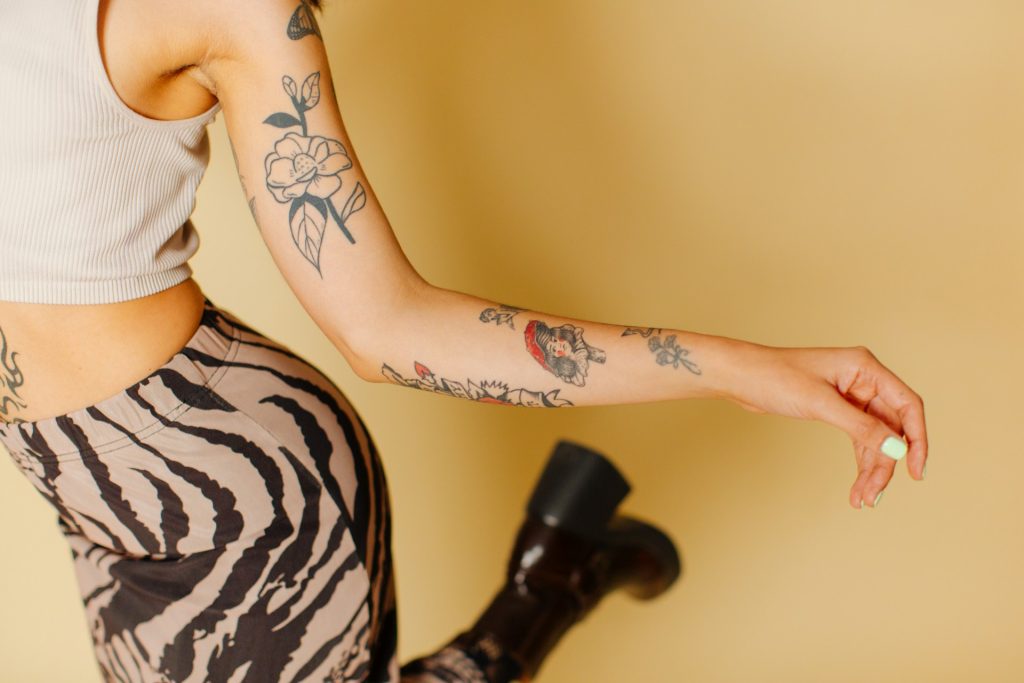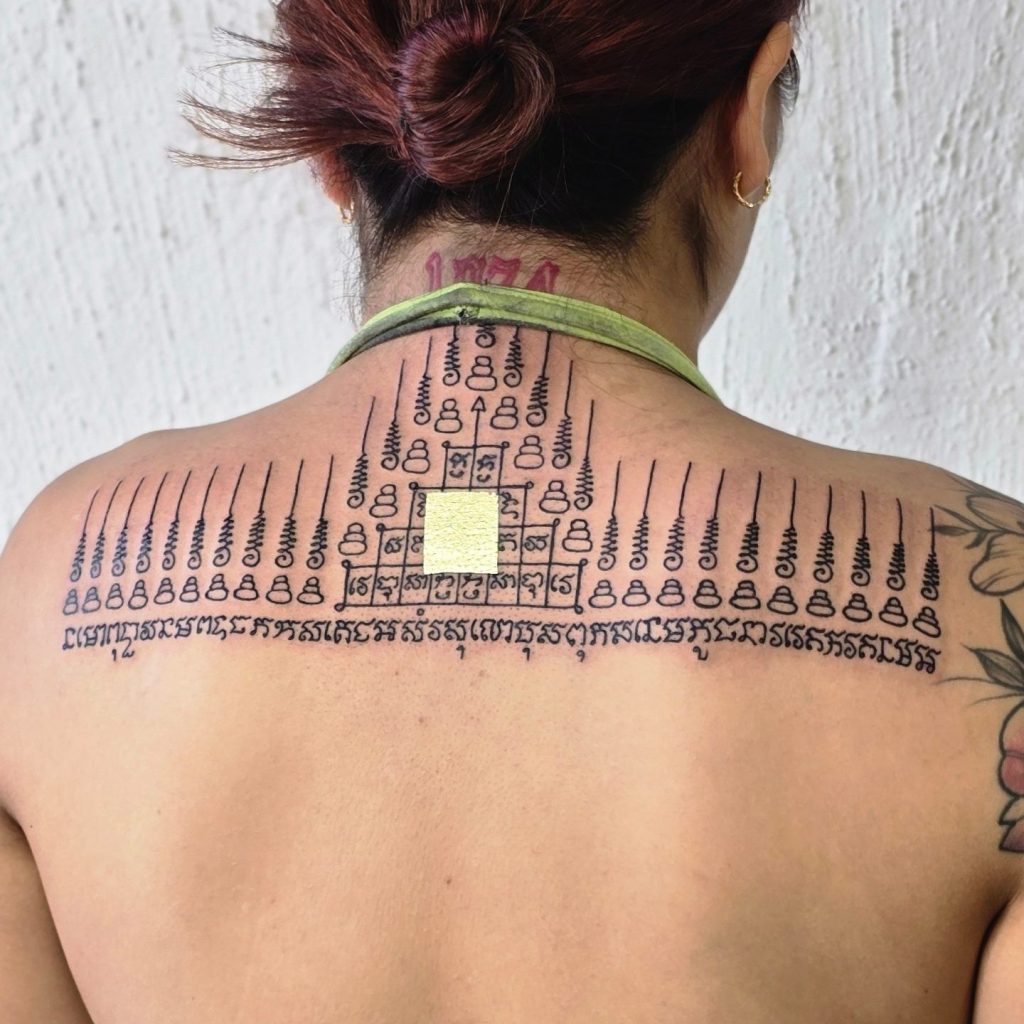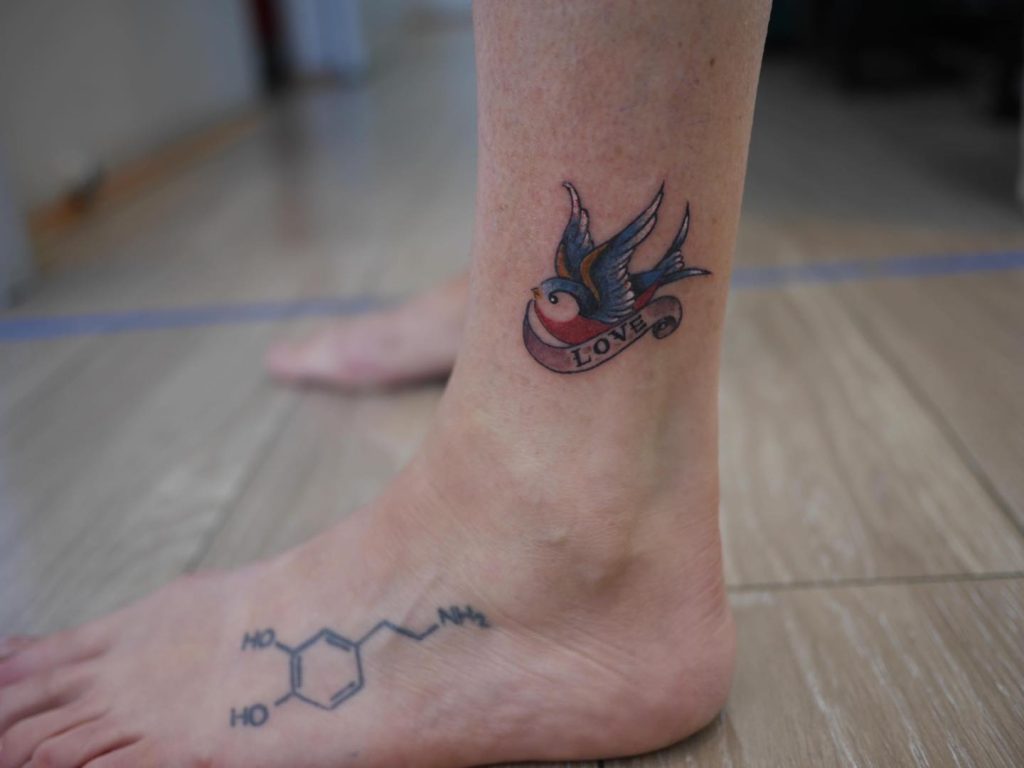Tattoos have been a part of human culture for centuries, yet they are still surrounded by numerous myths and misconceptions. These myths can create unnecessary fear and prevent people from expressing themselves through body art. It’s important to separate fact from fiction to make informed decisions about getting a tattoo.
Tattoos Are Only for Young People
There’s a widespread belief that tattoos are only meant for the younger crowd, but that couldn’t be further from the truth. People of all ages get tattoos, whether to celebrate an important life event or to express their personal style. Tattoos are a timeless form of self-expression, and there’s no age limit for creativity.
Many older individuals find that getting a tattoo later in life can be a meaningful way to commemorate their experiences and accomplishments. For example, some might choose to get a tattoo to honour a significant milestone like retirement, the birth of a grandchild, or overcoming a personal challenge. Getting a tattoo can symbolise growth, resilience, and identity regardless of age.
Furthermore, as societal norms shift, we see more individuals from older generations embracing body art. Today’s tattoo culture is more inclusive than ever, welcoming people from all walks of life. So, if you’re considering getting a tattoo, don’t let age be a barrier. Embrace the chance to tell your story through your unique art.
Tattoo Ink Causes Health Problems
Another common myth is that tattoo ink is filled with harmful chemicals that can cause severe health issues. While it’s true that tattoos involve inserting ink into the skin, modern tattoo inks are formulated with safety in mind. Reputable tattoo studios use high-quality, professional-grade inks that meet strict health and safety standards.
In the past, some inks contained harmful substances, but advancements in the industry have led to much safer formulations. Today, most tattoo inks are made from organic pigments and are less likely to cause allergic reactions or other health problems. Before getting a tattoo, it’s a good idea to ask your artist about the type of ink they use and ensure it’s certified safe.
To further reduce the risk of complications, it’s essential to follow proper aftercare instructions. Keeping your new tattoo clean and moisturised helps prevent infections and promotes healing. If you have existing skin conditions or allergies, discuss them with your tattoo artist before the session. They can take precautions to ensure your tattooing experience is safe and comfortable.
Tattoos Are Unprofessional
Many people believe that tattoos are unprofessional and can hinder career opportunities. This stereotype is based on outdated views and is changing rapidly. In fact, tattoos have become more accepted in various professional settings, including corporate offices, educational institutions, and healthcare environments.
It’s important to note that attitudes towards tattoos vary by industry and workplace. Some forward-thinking companies recognise that tattoos do not impact an employee’s skills or professionalism. They understand that body art is a form of personal expression and doesn’t reflect an individual’s work ethic or capabilities.
Moreover, many highly successful professionals have visible tattoos and continue to excel in their careers. Employers are becoming more focused on talent and performance rather than appearance.
While some conservative environments may still have restrictions, the overall trend is shifting towards more acceptance. If you’re worried about how a tattoo might affect your job prospects, consider the specific dress code and culture of your industry.
Tattoos Fade Quickly and Look Bad Over Time
One of the biggest myths about tattoos is that they fade quickly and end up looking terrible. While it’s true that tattoos can fade over time, proper care and maintenance can keep them looking vibrant for many years. Tattoo fading is a natural process, but there are ways to slow it down and extend the life of your ink.
Firstly, following proper aftercare instructions is crucial. Keeping your tattoo clean and moisturised during the healing process helps prevent scabbing and infection, which can negatively impact the design. Once healed, regular use of a good moisturiser can keep your skin healthy, which helps maintain the tattoo’s appearance.
Secondly, protecting your tattoo from excessive sun exposure is key. UV rays can cause fading, so wearing sunscreen or covering your tattoo when outside can make a significant difference. Modern tattoo inks are also more resistant to fading, thanks to better formulations and application techniques.
Lastly, if your tattoo does fade over time, touch-ups are always an option. Professional tattoo artists can refresh the colours and lines, bringing your tattoo back to life. With the right care, your tattoo can remain a beautiful and lasting piece of art.
Conclusion
Tattoos are a wonderful form of self-expression, but many myths and misconceptions can make people hesitant to get inked. It’s important to debunk these myths to make informed decisions. From challenging the idea that tattoos are only for young people to understanding the safety of modern tattoo inks, each step towards awareness helps. Recognising that tattoos do not define professionalism and taking proper care to prevent fading can ensure a positive tattooing experience.
If you’re considering getting a tattoo and want expert advice, or if you wish to explore unique Thai tattoo designs, look no further than Mai Thai Tattoo. Our experienced team is ready to guide you on your tattoo journey. Contact us today to book your appointment and turn your tattoo dreams into reality.



